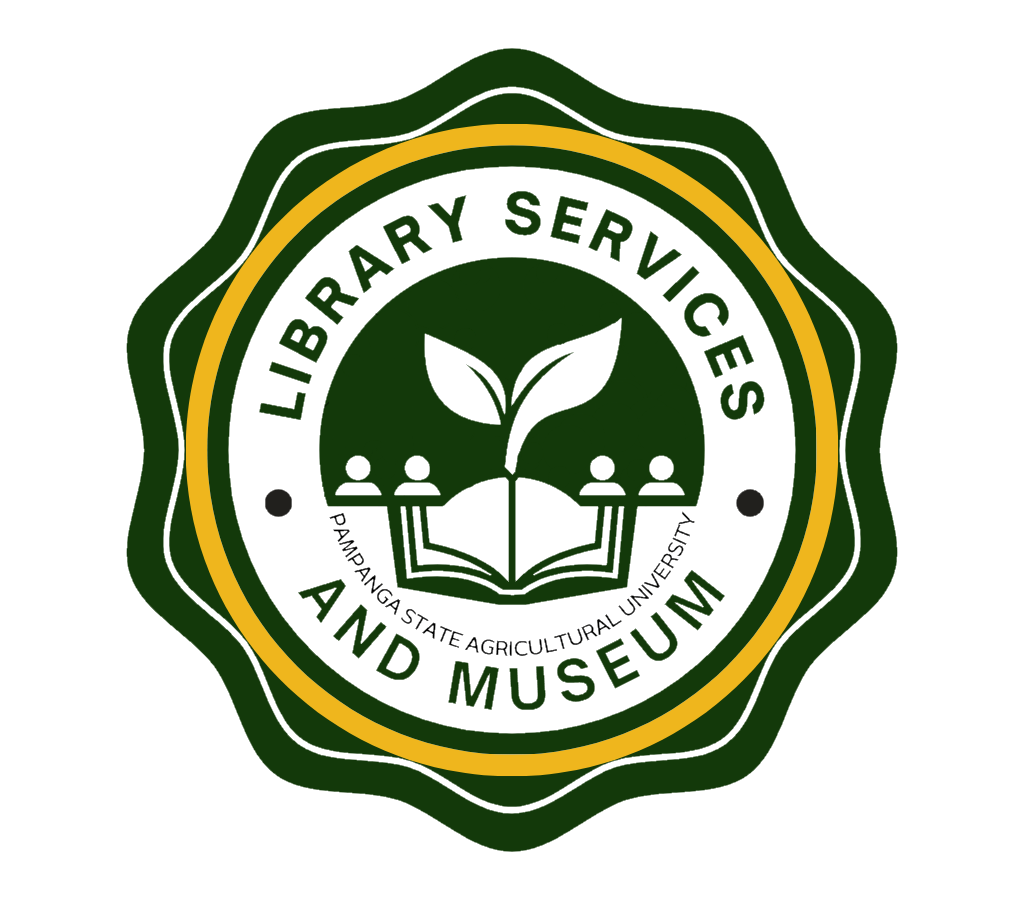Health Beliefs Of Fathers On Vasectomy As Influenced By Social Media [manuscript] / Romero, Rose Jane D.
Material type: TextPublication details: Magalang, Pampanga : Pampanga State Agricultural University, June 2023.Description: xiii, 212 leaves ; 28 cm + 1computer disc (4 3/4 inch)Uniform titles:
TextPublication details: Magalang, Pampanga : Pampanga State Agricultural University, June 2023.Description: xiii, 212 leaves ; 28 cm + 1computer disc (4 3/4 inch)Uniform titles: - Health Beliefs Of Fathers On Vasectomy As Influenced By Social Media.
| Item type | Current library | Collection | Call number | Status | Barcode | |
|---|---|---|---|---|---|---|
| Theses | PSAU OLM Dissertation, Theses | BS Dev. Com. | UT R76 2023 (Browse shelf(Opens below)) | Not for loan | UT13144 |
ABSTRACT HEALTH BELIEFS OF FATHERS ON VASECTOMY AS INFLUENCED BY SOCIAL MEDIA ROSE JANE DIAZ ROMERO Pampanga State Agricultural University PAC, Magalang, Pampanga Bachelor of Science in Development Communication May 2023 Angelo Solis Zapatos Title Researcher School Degree Date Completed Adviser This study generally aimed to determine the health beliefs of fathers on vasectomy as influenced by social media. Specifically, it identified the respondents' socio-demographic profile, psychological factors regarding vasectomy in terms of frequency of social media utilization, types of social media used and the respondents acquired information regarding vasectomy, evaluate the health beliefs of the respondents in terms of perceived susceptibility, perceived severity, perceived benefits, and perceived barriers. It also aimed to explore the relationship of the socio-demographic profile versus health beliefs and psychological factors versus health beliefs. A quantitative approach using a survey questionnaire was disseminated to 230 fathers aged 25-45 years old from San Antonio, Arayat, Pampanga. Statistical tools were used such as frequency and percentage for the respondents' socio-demographic profiles and psychological factors; mean for health beliefs; and Pearson Chi-square test to analyze the correlation between the respondents' socio-demographic profile versus health belief; and psychological factors versus health beliefs of fathers on vasectomy. Findings of the study revealed that the respondents are middle aged men; more than half have three to six children; less than half of the respondents were married; most of the respondents attained higher educational levels; more than half of the fathers are poor; and more than half of the respondents are Roman Catholics. The fathers are average users of social media; Facebook is the most often used platform among fathers, and fathers acquired vasectomy information from social media such as vasectomy as family planning method, benefits, stigma and risks. Fathers strongly agreed to all the susceptibility statements; strongly agreed to all the severity statements; disagreed to all the perceived benefits statements; and strongly agreed to all the statements under perceived barriers. Results also revealed that there is a significant relationship between the respondents' monthly income, number of children, civil status, educational attainment and respondents' frequency of social media utilization and acquired information from social media in the health beliefs of fathers. It is recommended that the locality and health practitioners increase information dissemination, create and implement strategic communication and advocacies through various communication platforms to improve fathers' knowledge and perceptions about vasectomy as a family planning method.
There are no comments on this title.
